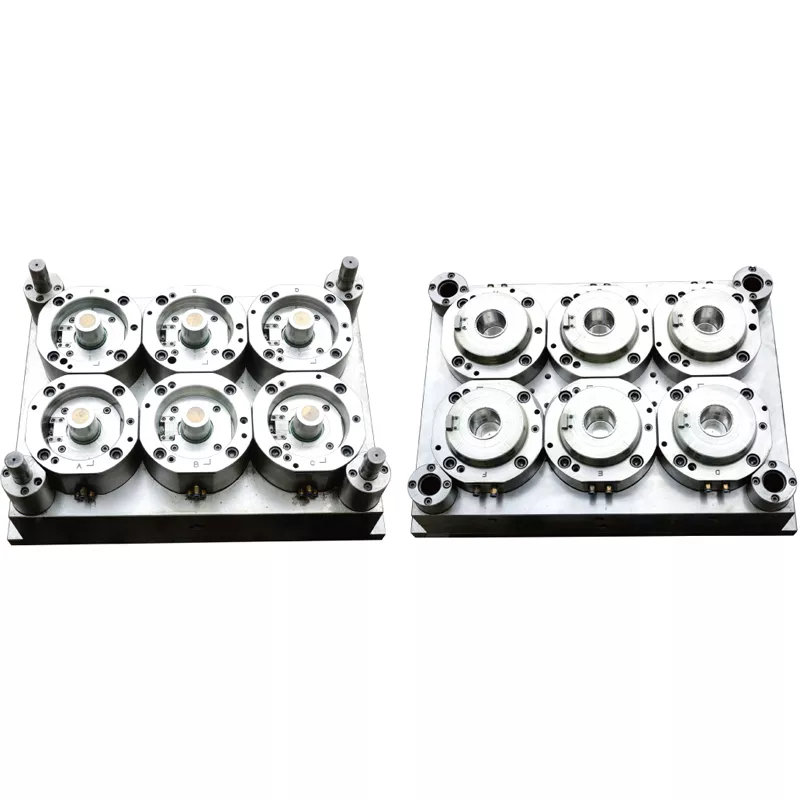
What is an injection mold
Injection mold is a tool for producing plastic products; It is also a tool for giving plastic products a complete structure and precise dimensions. Injection molding is a processing method used in the mass production of complex shaped components. Specifically, it refers to injecting the melted plastic into the mold cavity under high pressure from an injection molding machine, cooling and solidifying it to obtain the formed product.
Injection mold structure
Although the structure of injection molds may vary greatly due to differences in plastic varieties and properties, the shape and structure of plastic products, and the type of injection machine, the basic structure is consistent. The mold mainly consists of a pouring system, a temperature regulating system, formed parts, and structural parts. The pouring system and molding parts are the parts that come into direct contact with plastic and change with plastic and products. They are the most complex and variable parts in plastic molds, requiring the highest processing smoothness and accuracy.
Injection Mold Application
Injection molds can process various plastic products, such as electronic product casings, toys, household goods, automotive parts, medical devices, and so on.
The following are some common products processed by injection molds:
1. Electronic product shell: The shell of electronic products such as mobile phones, televisions, audio systems, etc. is molded using high-strength and durable plastic materials to meet the appearance and performance requirements of the product.
2. Toys: Injection molds are used to produce various shapes of toys, including children's toys, puzzle toys, sports toys, etc. These toys can be molded using different materials such as polyethylene, polypropylene, etc.
3. Household products: Injection molds can be used to produce various household items, such as plastic hangers, plastic buckets, plastic chairs, etc. These products have excellent durability and portability, making them very suitable for household use.
4. Automotive components: Injection molds can be used to produce automotive components, such as doors, instrument panels, and headlights. These products need to have high heat resistance, corrosion resistance, and toughness to meet the requirements of the automotive working environment.
5. Medical devices: Injection molds can be used to produce various medical devices, such as medical syringes, medical skim yarns, etc. These products need to have good biocompatibility and durability to meet the strict requirements of the medical industry.
In addition to the above products, injection molds can also be used to produce various other types of plastic products, such as daily necessities, electrical accessories, sports equipment, industrial appliances, and so on. The application range of injection molds is very wide, which can meet the needs of various industries.